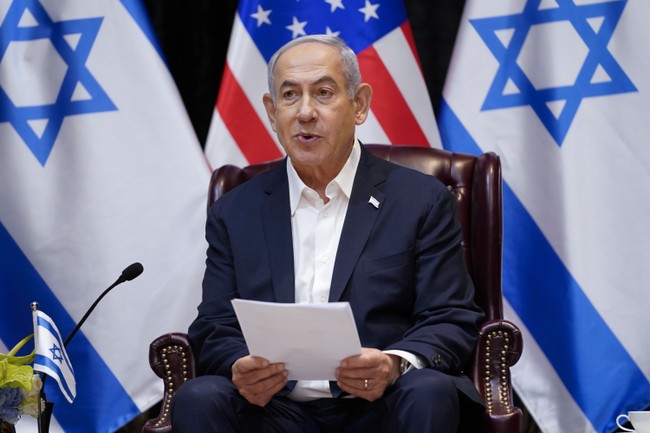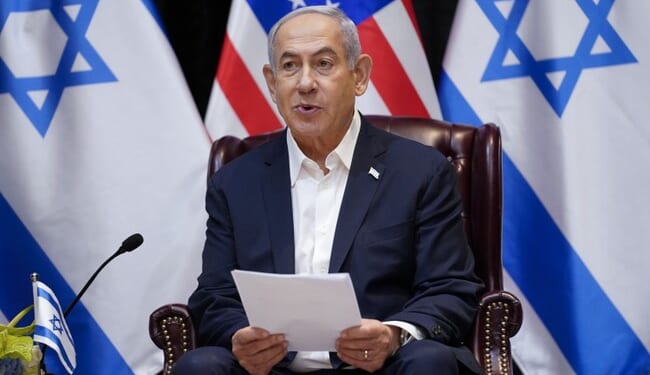
An Israeli military report claims that at least 31 of the 136 remaining hostages taken by Hamas on October 7 at the start of the war are dead. Another 20 hostages are feared dead but have not been confirmed to have lost their lives.
The New York Times reported 32 hostages confirmed dead, but the Hostage and Missing Families Forum says that the number of confirmed dead is actually 31.
The number of dead hostages represents a significant increase in previous announcements and is bound to inflame the delicate political situation for Israeli Prime Minister Benjamin Netanyahu. The hostages have become a flash point for the political opposition as many hostage families accuse Netanyahu of bungling negotiations to free them.
The domestic crisis in Israel is on several tracks. Still to come is a devastating post-mortem on the October 7 attack that is bound to be very damaging for Netanyahu. The post-war landscape of what Gaza will look like after the war and what to do about the West Bank are weakening Netanyahu’s position, making it even harder for him to prosecute the war.
It’s the hostages who are front and center in the minds of almost all Israelis. There’s a deal that both sides are currently considering for an “extended” cease-fire of several weeks in return for the release of all remaining hostages and increased aid for Gaza. But there are several sticking points to the deal, not least of which is Hamas’s demand that Israeli troops exit Gaza.
But scores of survivors and families of the hostages have said that the military campaign is endangering their loved ones’ lives. They want the government to make it a priority to reach a new hostage deal instead of pressing ahead with the invasion, lest their relatives be killed in crossfire. Only one hostage has been freed by an Israeli military rescue operation. At least three were accidentally killed by Israeli soldiers.
Asked for comment, the Israeli military said in a statement that it was “deploying all available resources to locate and retrieve as much information as possible regarding the hostages currently held by Hamas.”
The Guardian’s national security correspondent, Jason Burke, wrote of the dilemma Netanyahu faces regarding the hostages.
Netanyahu could gain a boost in the polls – albeit potentially a short-term one – if he agreed a deal with Hamas that freed the hostages, analysts suggest. But even agreeing a short pause to the offensive in Gaza could lose Netanyahu the support of the far-right politicians who are important to his coalition government. This would not end his rule, but would seriously undermine it.
There are multiple scenarios for what plays out over coming months. Many lead to the 74-year-old veteran leaving office.
Netanyahu’s polling is dismal. He comes in third place behind opposition leader Yair Lapid and Yisrael Beytenu leader Avigdor Liberman. As soon as the threat has passed, Netanyahu is going to have a hard time staying in office.
But at present, he’s responsible for the fate of the hostages and the fate of the nation. The opposition is holding its fire until the hostage crisis and the threat to the nation have been resolved.












